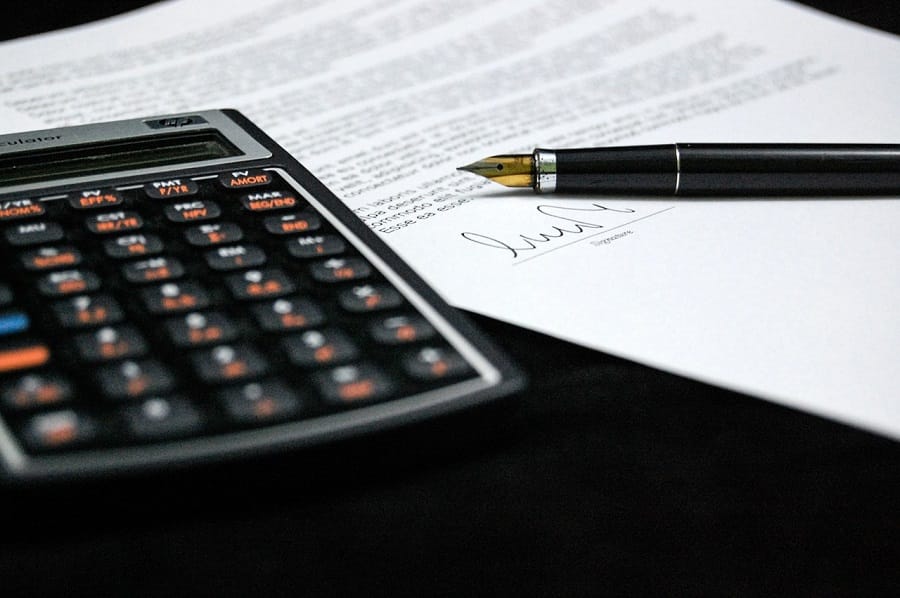If you’ve been named the executor of an estate, it’s important to remember that it is not a role to take lightly. The duties of an executor of an estate take planning and understanding of the deceased’s will and Ohio law.
The deceased’s will should have an executor appointed, but if one is not appointed, then the court will appoint one. However, you can decline the position of executor even if you are named in the will.
But before you accept and begin carrying the duties of an executor of an estate and planning where the assets are allocated, you should be looking for some advice and legal counsel. First, you can seek the guidance of a knowledgeable estate planning attorney to help you.
We’ve come up with a shortlist to give you an idea of the duties of an executor in estate administration. After the executor determines probate is necessary and has hired a lawyer or, these are some of the the duties:
1. Admit the will to probate
This is one of the first duties of an executor of an estate. In this, the executor files the will and gives notice to the heirs and beneficiaries that the deceased has passed. Immediate family members like spouses and children must also be notified even if they are not named as beneficiaries explicitly in the will.
2. Protect and manage assets
Many companies and individuals may come out of the woodwork to stake a claim in the assets of the estate. It is the job of the executor to locate and manage the will, documents, and assets to be sold — if applicable — and distribute to the appropriate creditors, beneficiaries and heirs. This also means dealing with individuals and companies who may assert claims against estate assets.
3. Close accounts and terminate contracts
. Leases need to be terminated, contracts voided out, and government agencies like Social Security Administration and Medicare need to be informed that the decedent has passed away.
4. Establish bank account and pay expenses
The estate’s assets are used to pay taxes, outstanding expenses, insurance premiums and other bills still in the name of the decedent. This is done through an estate bank account that also collects any other money still owed to the deceased — paychecks, rent, and stock dividends included. And valid debts that the deceased owed must also be paid off. This is also where the executor must determine whether a creditor’s claim to the estate is valid.
5. Distribute property and close the estate
The last duties of an executor of an estate is planning the supervision of the distribution of property — cash, items, and real estate — to the appropriate beneficiaries. When everything is complete, the executor must account for all estate transactions, send copies of the estate account to beneficiaries, and ask the probate court to officially close the estate.
If you have been named the executor of an estate, or are beginning the estate planning process, then contact estate planning attorney, Abbie Obenour with The Obenour Legal Group in Columbus, Ohio, for legal counsel and guidance throughout the estate planning, estate administration, and probate process.

